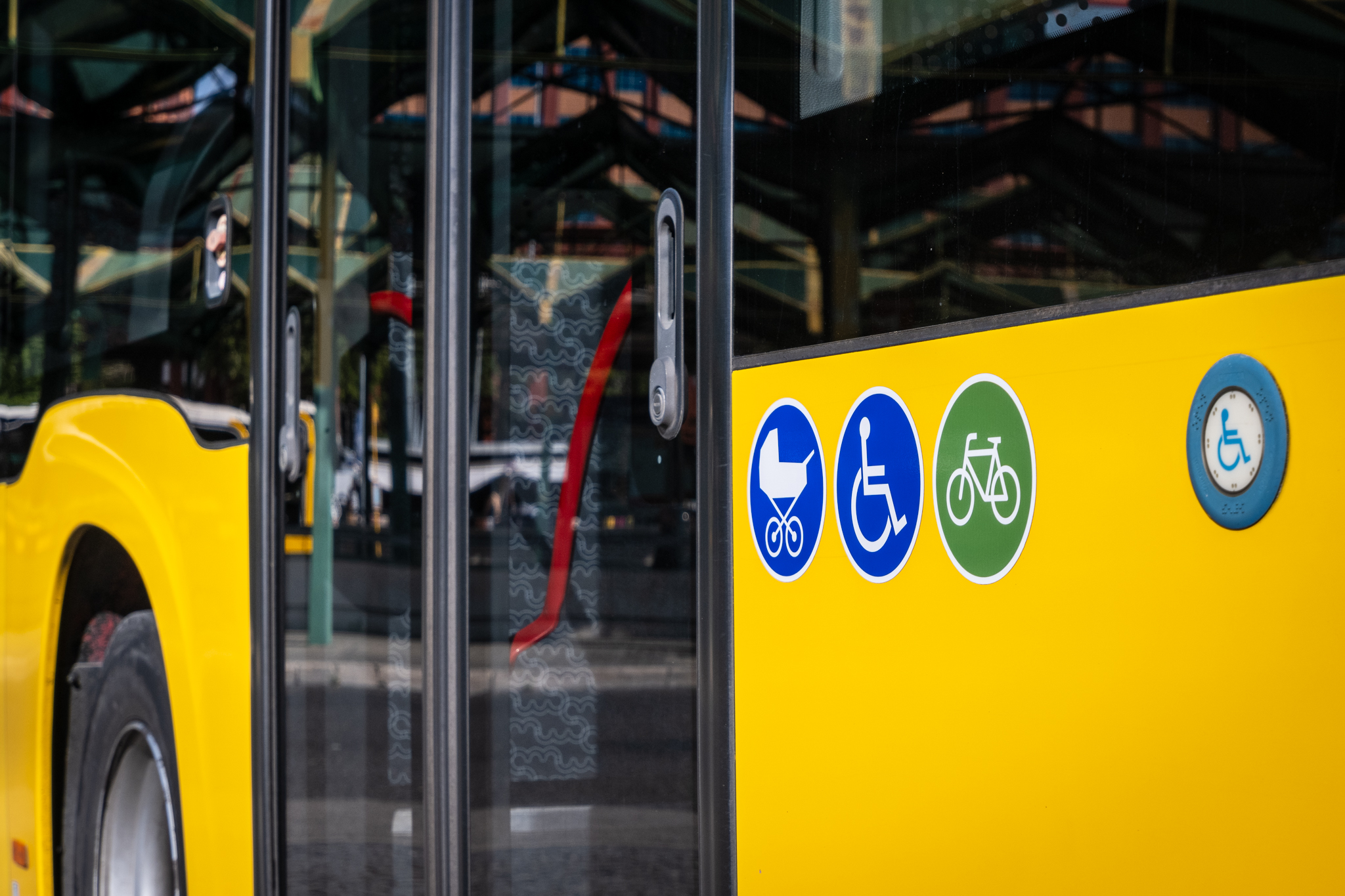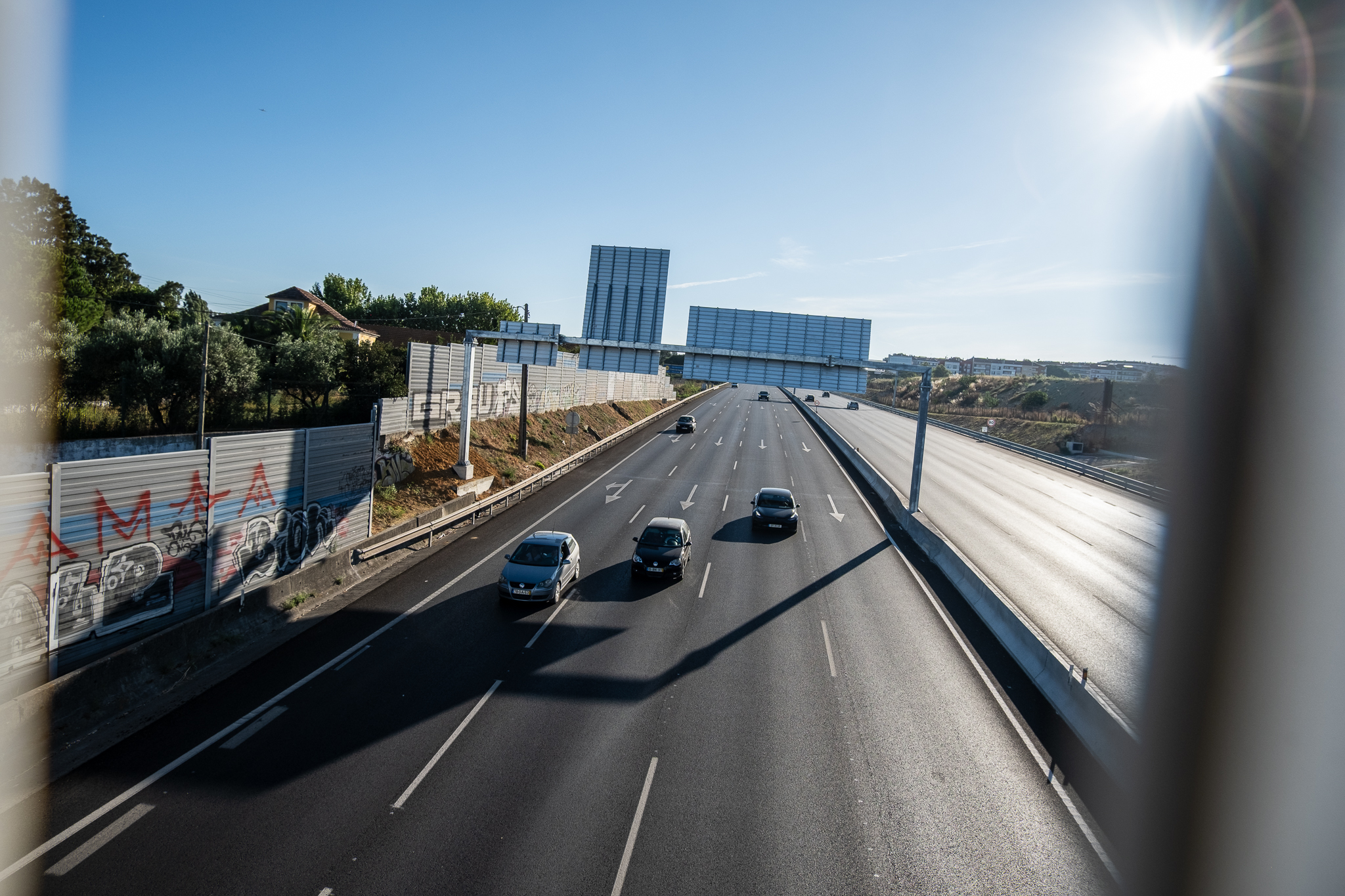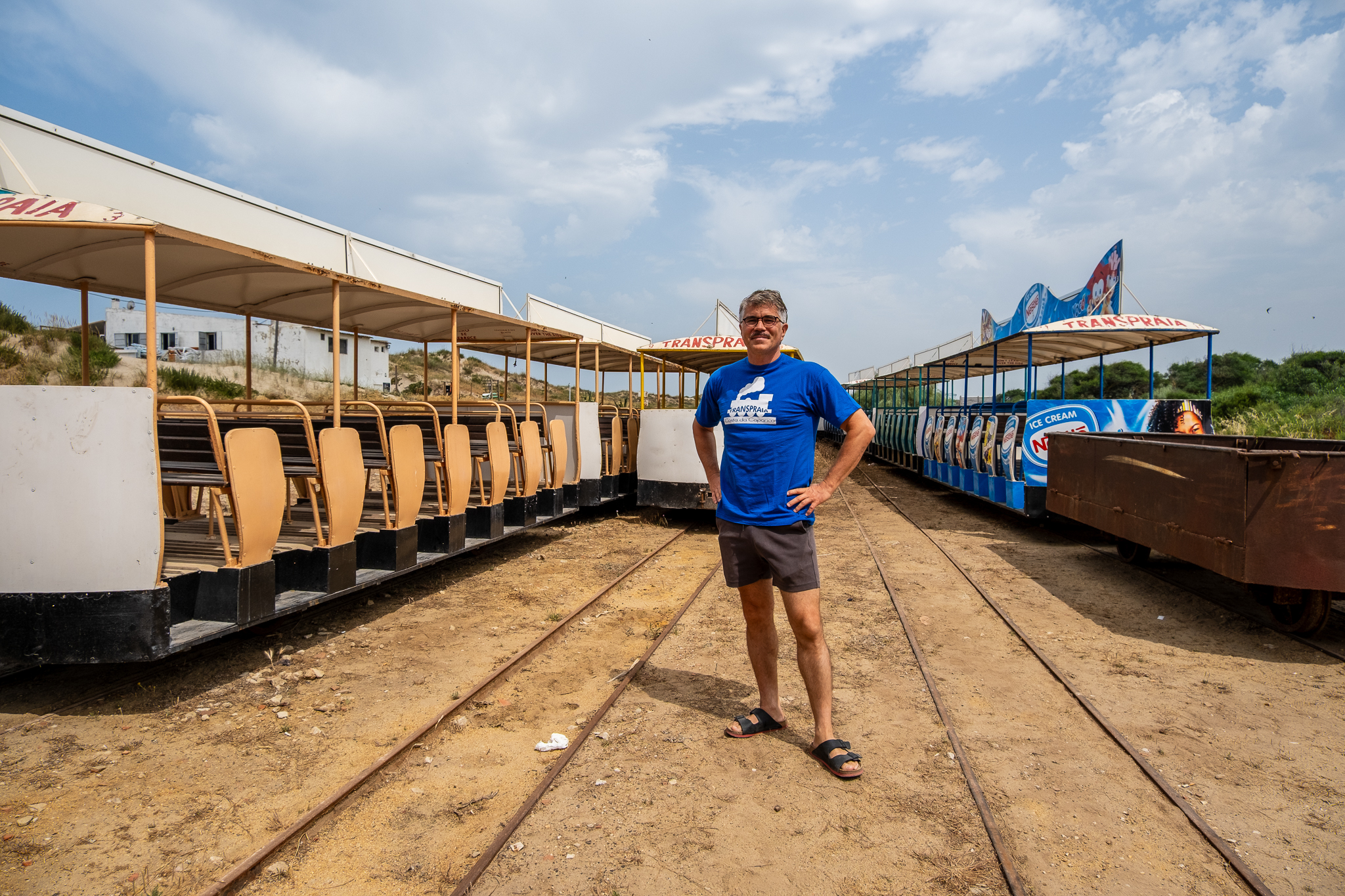Transportes Metropolitanos de Lisboa (TML) intends to evaluate accessibility and transportation for people with disabilities in the Lisbon metropolitan area, and draw up an action plan with concrete measures to solve the problems identified.

Transportes Metropolitanos de Lisboa (TML) will studying accessibility and transportation for people with disabilities in the Lisbon metropolitan area. The aim of this work is to, "to deepen knowledge and define priorities and measures that contribute to strengthening the inclusion of people with disabilities in transport services" on a metropolitan scale.
The study, which will be carried out by a company to be contracted by public tender, will have several phases and will result in several outputs practical, including a tool that will allow anyone to report accessibility problems in public transport, a practical guide for assessing accessibility conditions at public transport interfaces, and an in-depth report characterizing and diagnosing the mobility of people with disabilities in the metropolitan area. A report will also be produced with scenarios, targets and indicators to make public transport more inclusive, accompanied by an action plan with concrete measures.
The study will look at the entire Lisbon metropolitan area and all modes of public transportation - road, rail, metro and river - in an attempt to "deepen knowledge of the specific needs of people with disabilities", "diagnose accessibility" these people to transport services, "characterize the main problems" this access, and also "contribute to ensuring the coherence of policies and measures in the area of accessibility and to strengthening their efficiency and effectiveness" with the involvement of the target population and representative associations. This analysis will look not only at the issues of access to the vehicle and the conditions of travel within it, but also at the stops, stations and interfacesfor faults at the access to information before and during the tripto equipment maintenance problems, and for ticketing accessibility.
We don't want this to be yet another study to be left in the drawer, but it should be noted that neither the TML nor the Metropolitan Area have powers to intervene in the territory. They can only act at the planning level, by drawing up studies that can enable municipalities or the central state to guide their policies. For example, this work could help municipalities or transport operators to submit applications for specific accessibility projects to European, national or sectoral funding programs. At the same time, and because TML has direct responsibility for Carris Metropolitana, the study will serve to affirm this operation as a public transport service accessible to people with disabilities.
TML recognizes that "limitations in accessibility to transport and mobility solutions are a relevant factor in limiting autonomy, the possibility of professional achievement, sociability and personal fulfillment, with high personal, economic and societal costs, which need to be proactively minimized" - can be read in the documentation available on this study. "As it is essential to promote the integration of people with disabilities, it is important to ensure that their mobility is not restricted, preventing them from independently accessing employment, education, health, social and recreational activities and becoming socially isolated."
The study on accessibility and transportation for people with disabilities in the Lisbon metropolitan area is expected to cost a maximum of 65,000 euros and will be awarded to a company through a public tender, which is currently being finalized. The study will be coordinated by TML and a technical team from the contractor, and will involve the National Institute for Rehabilitation. The general objectives of this work should be aligned with the objectives defined for the Metropolitan Sustainable Urban Mobility Plan (PMMUS)in development.
"The Study is intended to be a step towards the creation of a more accessible, fair, equitable and cohesive metropolitan area - ensuring full accessibility to metropolitan public transport services and conditions for safe, comfortable, reliable and as autonomous transport for all as possible - but it also makes it possible to identify reference measures and objectives, replicable at municipal, regional and national level, whenever necessary, by type of limitations and constraints on access and transport for people with disabilities."










